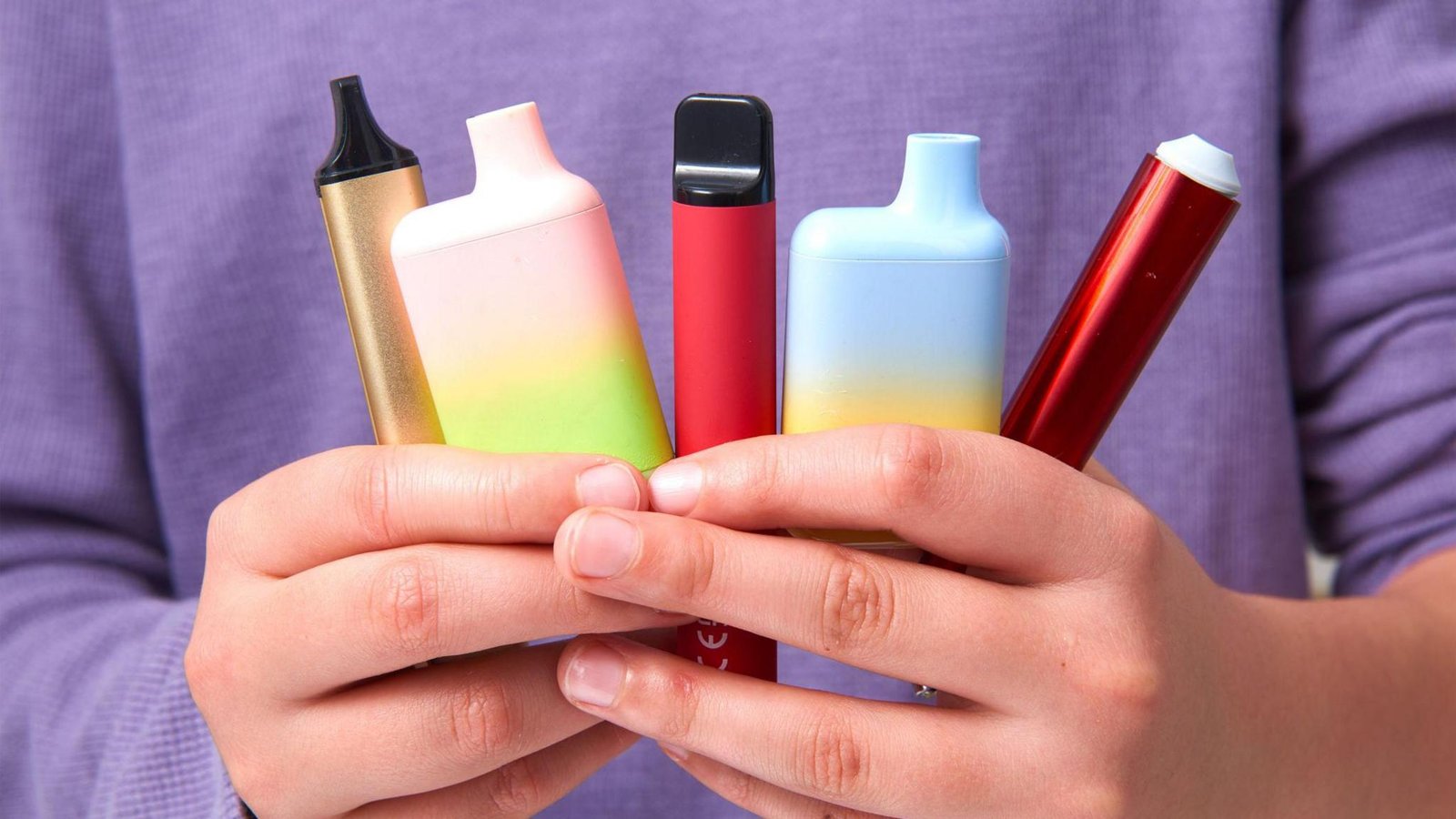Supreme Court Upholds Abortion Clinic Buffer Zone Laws Amid Free Speech Debate

In a highly anticipated ruling, the Supreme Court on Monday declined to revisit a 25-year-old precedent that upholds “buffer zone” laws, restricting how close protesters can get to abortion clinic entrances. This decision marks a setback for abortion opponents who argue that such laws violate their First Amendment free speech rights.
The court, which has a 6-3 conservative majority, chose not to weigh in on the constitutionality of buffer zones in two cases involving ordinances in Carbondale, Illinois, and Englewood, New Jersey.
Background of the Buffer Zone Laws
Buffer zone laws gained traction following a wave of violent incidents linked to anti-abortion protests, including the tragic 1994 shooting of two clinic workers in Massachusetts. In 2000, the Supreme Court ruled in Hill v. Colorado that these laws were constitutional, ensuring the safety of individuals seeking reproductive healthcare.
While two conservative justices, Samuel Alito and Clarence Thomas, expressed their willingness to reconsider the Illinois case, the court ultimately declined. Justice Thomas noted that lower courts feel “bound” by the 2000 ruling, despite the Supreme Court not applying it in recent years.
The last major buffer zone case was in 2014, when the court struck down a Massachusetts law for being overly broad but chose not to overturn the 2000 precedent.
Impact of the Roe v. Wade Reversal
Since the court overturned Roe v. Wade in 2022, abortion access has been severely restricted in conservative states, leading to an increase in protests at clinics in liberal-leaning states. Carbondale, Illinois, has seen the opening of three abortion clinics since Roe was overturned, prompting officials to enact a buffer zone ordinance in 2023. The law prohibited protesters from coming within eight feet of another person within a 100-foot perimeter of a healthcare facility entrance.
The ordinance was swiftly challenged by Coalition Life, an anti-abortion group that claims to engage in peaceful counseling outside clinics. Both a federal judge and the 7th U.S. Circuit Court of Appeals ruled against the group, citing the 2000 Supreme Court precedent. However, the city of Carbondale repealed the measure when it became clear that the case would be appealed to the Supreme Court.
In Englewood, New Jersey, a similar buffer zone law was enacted in 2014 in response to persistent protests outside Metropolitan Medical Associates. The law restricts individuals from standing within eight feet of clinic entrances, except for employees, patients, or passersby. It was challenged by Jeryl Turco, an anti-abortion protester, who argues that she only seeks to provide counseling and distribute printed materials. Though she initially won in district court, the 3rd U.S. Circuit Court of Appeals ruled in favor of the city, maintaining the buffer zone law.
Legal and Cultural Implications
Lawyers seeking to overturn the 2000 ruling argue that buffer zone laws are an anomaly in free speech jurisprudence, particularly because they restrict speech on a divisive cultural issue. They also claim that with Roe v. Wade overturned, the legal basis for buffer zones has weakened.
Despite these arguments, the Supreme Court’s decision suggests that the justices are unwilling to dismantle existing protections around abortion clinics at this time. This ruling adds to a series of abortion-related cases, including a recent decision to uphold access to the abortion pill mifepristone and sidestepping a ruling on Idaho’s strict abortion ban.
Mike Tyson Vapes: A Surprising Connection?
While the Supreme Court ruling may seem unrelated to vaping, it underscores the broader legal landscape of public regulations—whether on protests or consumer products like Tyson 2.0 Vape and Tyson 15000. Just as buffer zones regulate where individuals can exercise free speech, evolving vape laws dictate how and where consumers can purchase their favorite vape products, including Mike Tyson Vapes.
As regulations shift, it’s crucial for consumers to stay informed about their rights—whether in reproductive healthcare or vaping. Want to stay updated on the latest laws affecting vaping? Explore Tyson 2.0 Vape and other premium vape brands to ensure you’re getting authentic, high-quality products.
Final Thoughts
The Supreme Court’s decision to uphold buffer zones reinforces legal precedents protecting clinic access. Meanwhile, debates over free speech, public safety, and regulatory control continue to shape policies across industries—from protests to vaping.
What are your thoughts on this ruling? Should buffer zones remain in place, or do they unfairly restrict free speech? Share your perspective below!




